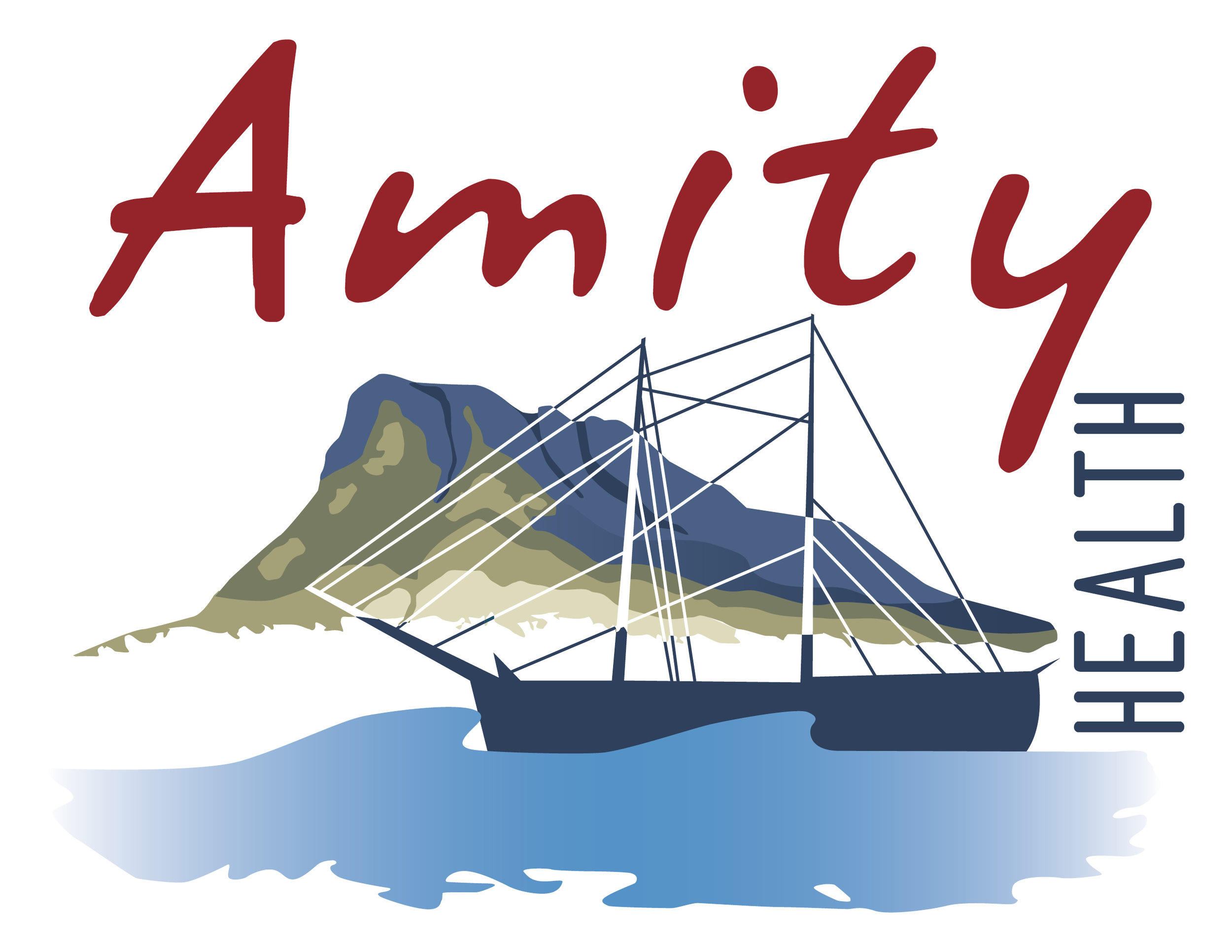An Insight Into Eating Disorders (Part 2)
In part 2 of our Dietitian Ana Orozco’s blog post, we explore the signs, symptoms, recovery and treatment for eating disorders (ED)
HOW CAN WE IDENTIFY AN ED?
This can be tricky because EDs can occur in any person of any weight, who can show some symptoms or no symptoms at all.
Here are some signs that may suggest an ED:
PHYSICAL SIGNS:
Rapid weight loss/ frequent weight changes
Fainting or feeling dizzy
Lethargy or low energy
Feeling cold even though the weather might be warm
Loss or disturbance of menstrual period or decreased libido in men.
PSYCHOLOGICAL SIGNS:
Preoccupation with eating, food, shape and weight
Feeling anxious around meals
Rigid thinking about food: good or bad
Distorted body image
Comfort eating: using food to deal with stress, anxiety, boredom.
Feeling out of control around food
Using food as a punishment method, for example restricting eating due to depression, anxiety or stress.
BEHAVIOURAL SIGNS:
Counting calories, dieting, cutting out entire food groups (dairy or fats or carbs or meat), fasting
Avoiding eating with people
Vomiting after meals, going to the toilet often after meals
Using a very different style of clothing than the usual, like changing to a baggy, lose type of clothes
Compulsive exercising, ie, not missing exercise even during bad weather, illness or injury
Introduction of obsessive rituals around foods: eating very slowly, cutting food in small pieces, rigid times to eat food
Extreme sensitivity to comments about weight, eating, body shape
Hiding uneaten food, secretive behaviour around food: saying that they have eaten when they haven not
Evidence of binge eating: large amount of food disappearing from the pantry or fridge, hoarding food.
RECOVERY AND TREATMENT
No matter how difficult it may seem, IT IS POSSIBLE to recover from an ED! There are different evidence-based treatments and pathways for individuals and families who need help for their loved ones. Make sure you have a multidisciplinary team around you. At a minimum, you will need input from your GP, counsellor or psychologist and a dietitian.
WHAT CAN YOU DO?
So you think you may have a friend or loved one with symptoms like the ones described above? You can seek help by contacting the Butterfly Foundation Support Line on 1800 ED HOPE.
Talk to your GP for a proper diagnosis and establish a treatment pathway that suits you or your loved one’s needs.
At Amity Health we have dietitians and mental health clinicians who can help in the management of EDs and to connect with other practitioners and organisations that can support people on the recovery pathway.
Guest Author: Ana Orozco (Accredited Practising Dietitian)
References:
Risks and Warning Signs. https://butterfly.org.au/eating-disorders/risks-and-warning-signs/
Understanding the warning signs. https://nedc.com.au/support-and-services/supporting-someone/understanding-the-warning-signs/


